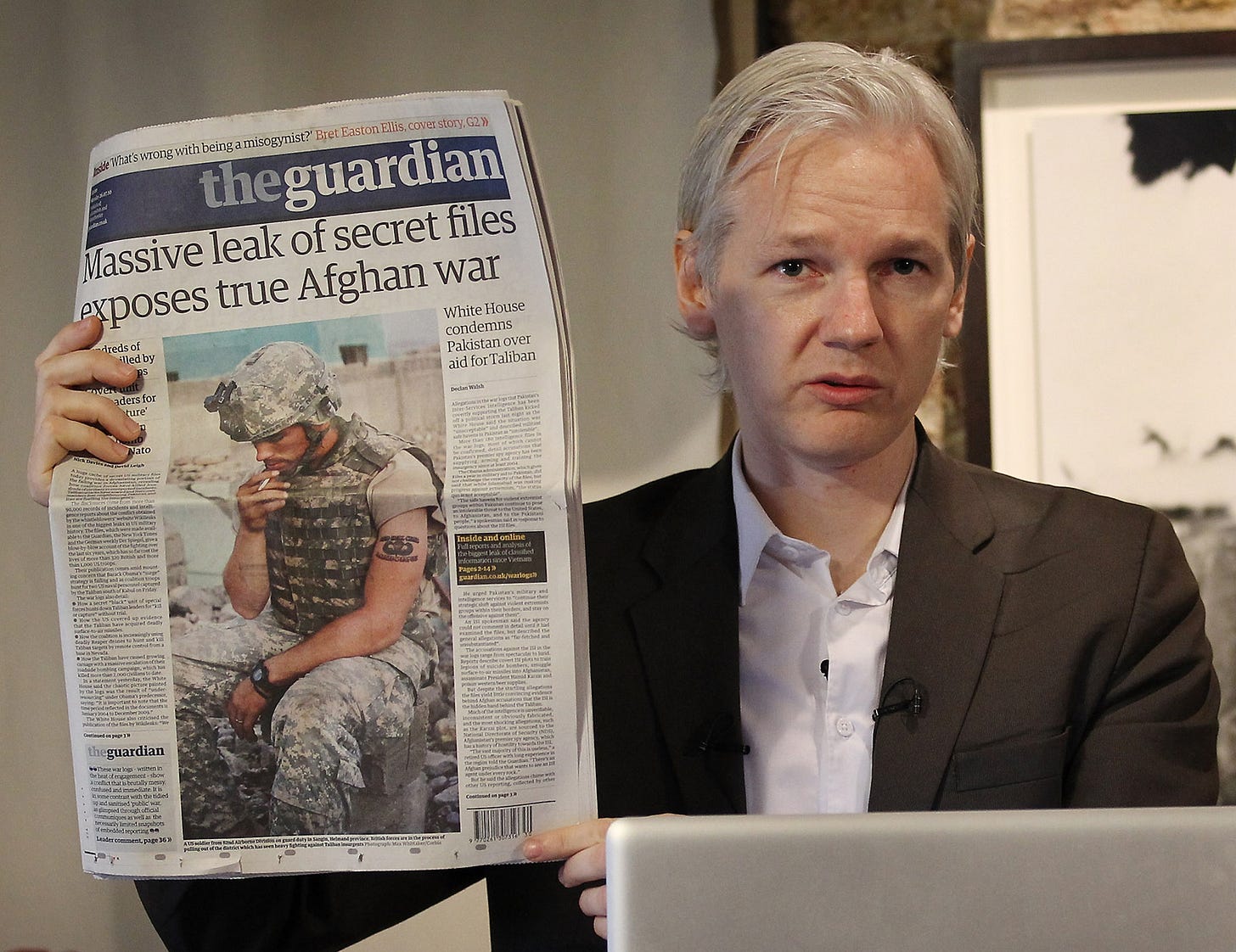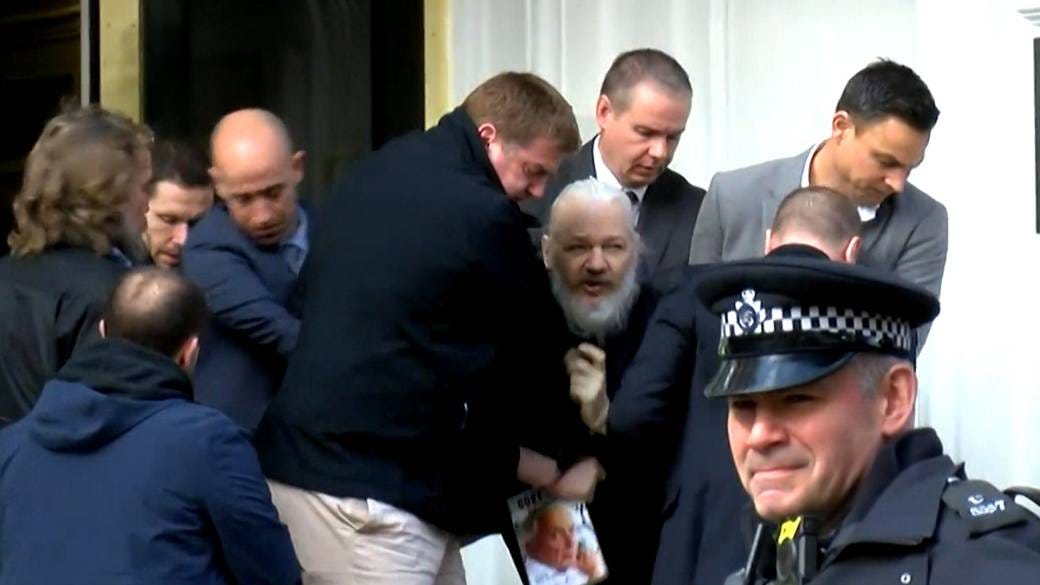Don’t Hate the Player, Hate the Claim
Don’t allow aspersions against someone’s character cloud your judgement of their culpability
When trying someone in a court of law, the prosecution is not allowed to introduce evidence in court not relevant to the case whose sole purpose is to injure the character of the defendant. Evidence of previous crimes or misbehaviour is only allowed in order to create a pattern of behaviour, a modus operandi. If it doesn’t pertain to the charges at hand, it is not included in the trial.
There are many principles from the court of law that I believe should be applied to the court of public opinion. If journalists had adhered to principles of due process in the infamous Covington case, they could have saved themselves from settling hefty lawsuits. A presumption of innocence could reign in some of the excess of what is often dubbed ‘cancel culture’, as in many cases a presumption of guilt is erroneously laid on people, creating a Kafka trap in which their attempts to defend themselves are taken as proof of their guilt. I believe a prohibition on aspersions against someone’s character, unrelated to the issue at hand, is one of the value from the legal system we would be right to incorporate into our public discourse.
Whenever there is a public debate over whether someone did something bad, the immediate action of some brave social media archaeologist is to dig through that person’s entire online history, and find that one homophobic or racist tweet, and resurface it. This is taken as proof that the person is Bad, and if we’ve already determined that they’re Bad, how could they be innocent of their current charge? And while injustice in the court of public opinion is not as serious as injustice in an actual court, it can still have devastating effects on people’s lives.
But the most pernicious invocation of this unjust tactic has been against WikiLeaks founder Julian Assange. Since his 2019 arrest, Assange has been in legal limbo, facing inhumane conditions, while fighting trumped-up charges of espionage. The attack on free speech represented by Assange’s prosecution has been well documented by very capable journalists like Matt Taibbi, Glenn Greenwald, or The New York Times’ editorial board, and I won’t try to outdo them. All I will say is that those who release information that challenges the powers that be will always be persecuted, and the legal protections afforded to whistle-blowers are vital for the continuation of a healthy democracy.1
Assange’s case is interesting, because although he is ostensibly on trial in court, his real trial is in the court of public opinion. And he is losing. It is disheartening to see that, despite early international support, a majority of Americans support charging Assange. The most disheartening, but not altogether unsurprising fact, is that 62% of Democrats support charging Assange.
The reason I claim Assange is being tried in the court of public opinion is because Assange’s release is most likely to be secured through the dropping of charges by the Department of Justice or a Presidential pardon, and with Trump on his way out tomorrow, it looks like Assange will likely only be freed by the grace of Joe Biden. (I am still holding onto the hope that Trump may pardon Assange, but while hoping Trump does the right thing I don’t hold my breath, mostly because I like breathing). Biden has not shown himself to be a fan of whistle-blowers, allegedly blocking Snowden from seeking asylum in South America, and so he will not do any of these things absent massive public pressure.
And so it is important that there has been a concerted effort to besmirch Assange in the public’s eye. Reports about his expulsion from the Ecuadorian embassy in London, where he had been taking refuge for years, emphasised the idea he was because those in the embassy found him repulsive. Reports went on about how he had “improper hygiene conduct”, “stomach problems” and wouldn’t shower for weeks (these are classic examples of the kind of priming I discussed in my last post). He has been branded a useful idiot of the Kremlin (despite publishing information on Russian intelligence contractors), and tacitly blamed for Trump’s election win, because of his role in the release of Podesta and Clinton’s e-mails. And of course, the 2010 allegations of rape still hang over his reputation, despite having been dropped. In many people in the public’s eyes, Assange is a disgusting traitor (despite the fact he’s Australian, not American) who has raped women, and so he has been pronounced Bad, and therefore he is guilty. But the important thing is, even if all of these accusations were true, none of them pertain to the case at hand.
Assange is not being charged for not showering or with rape, he is being charged with 17 violations of the 1917 espionage act, and one count of computer hacking, and he is being charged maliciously. He is not being charged because he is a gross or reprehensible individual, he is being prosecuted as a warning to others who would reveal information that the Pentagon, CIA, or other powerful institutions, don’t want brought to light. He is not being prosecuted for being disgusting, he is being prosecuted because he reminded us how disgusting the military-industrial complex and national security apparatus are.
Don’t allow information about Assange not relevant to his case muddy the waters, and don’t forget the real crimes are those WikiLeaks brought to light.
Free Assange.
Edit: I realise in hindsight this is poorly put. Assange is not really a whistle-blower. Probably more accurate to say something like ‘freedoms afforded to whistle-blowers and those who support them’.



